Workplace stress is stress relating to our jobs often stemming from unexpected responsibilities and pressures that do not align with a person’s knowledge, skills, or expectations. Sound familiar? Most of us will have experienced this at some point in our careers and at times it is unavoidable. However, the tips below, provided by Access EAP and some of our team should help next time occupational stress begins to interfere with your productivity and performance.
1. Work out your priorities
Write them down each morning, rank them and take one thing at a time. Include the important people in your life as priorities and attend to these relationships. Make tasks achievable.
—————–
I am a visual person so I find if I have everything down on paper that I need to do, or that I am working on, it’s out of my mind and something I can then systematically work through. I also file my emails after they’ve been actioned which makes me feel organised and less stressed!
Alison Fortuna, Consultant Policy & Planning
—————–
2. Practice saying ‘no”
If you feel overloaded, think hard before committing to other people’s expectations. Talk this over with someone you trust. Practice saying “Not immediately, but next hour/day/week/month” to buy yourself time.
3. Accept that change is a part of life
Make allowances for the fact that stress can make you more sensitive in reacting to others. Discuss your feelings with the person responsible for your agitation. If it’s impossible to talk it out, do some physical activity at the end of the working day to relieve tensions.
4. Don
’t dwell on the past
Feelings of guilt, remorse and regret cannot change the past, they sap your energy and make the present difficult. Make an effort to do something to change your mood when you feel yourself drifting into regrets about past actions (e.g activity you enjoy). Learn from it and have strategies in place for next time. Learn to forgive yourself.
—————–
“I would say being able to disconnect home life and work life. Whilst everyone takes things out of the office with them, having time with your family and friends is critical. Being able to shut off away from work and not carrying the stress home with you is very important.
Director of Development, Andrew Phillips
—————–
5. Priorities relaxation and exercise
Set aside time each day for recreation and exercise. These are not optional extras for handling stress, they are essential. Gentle exercises such as walking, swimming, cycling, meditation, yoga, dance and even hobbies are all excellent. Find what suits you best.
6. Don
’t let people rush you
Allow extra time for the unexpected, slow down your pace, slow down your breathing. If you are frantic, you actually reduce your efficiency at work.
7. Identify your stress situations
Make a list of events that leave you emotionally drained, with ways to reduce the stress for each. When they occur, use them as an opportunity to practise stress relief. Keep notes on what works.
8. Learn to
“reframe
” statements
It is a waste of time and energy to be over-sensitive to imagined insults, innuendo or sarcasm. Give people the benefit of the doubt. Talk over the situation with someone. They may have another spin on what was said.
9. Practice Mindfulness
This is where you let your frantic thinking be put aside and notice the present moment, without making any judgments, good or bad. Try this; pause for a moment, look around and notice five things you can see. Name them. Notice five things you can hear. Name them. Notice five things you can feel in contact with your body. Name them.
10. Enjoy Circuit Breakers
Reduce stress by taking breaks, talk to someone, have a bath, have a massage, laugh regularly, read for pleasure or even learn something new (language/musical instrument etc).
—————–
“Take the time to get out of the office and exercise every day if you can. It can do wonders to clear the head and makes for a productive afternoon.”
Fiona Ralph, Director of Retail
—————–
How do you manage your workplace stress?
The post 10 Tips for Handling Stress At Work first appeared on Capstone.
RECENT POSTS



CATEGORIES
LEAVE A REPLY
Your email address will not be published. Required fields are marked *





